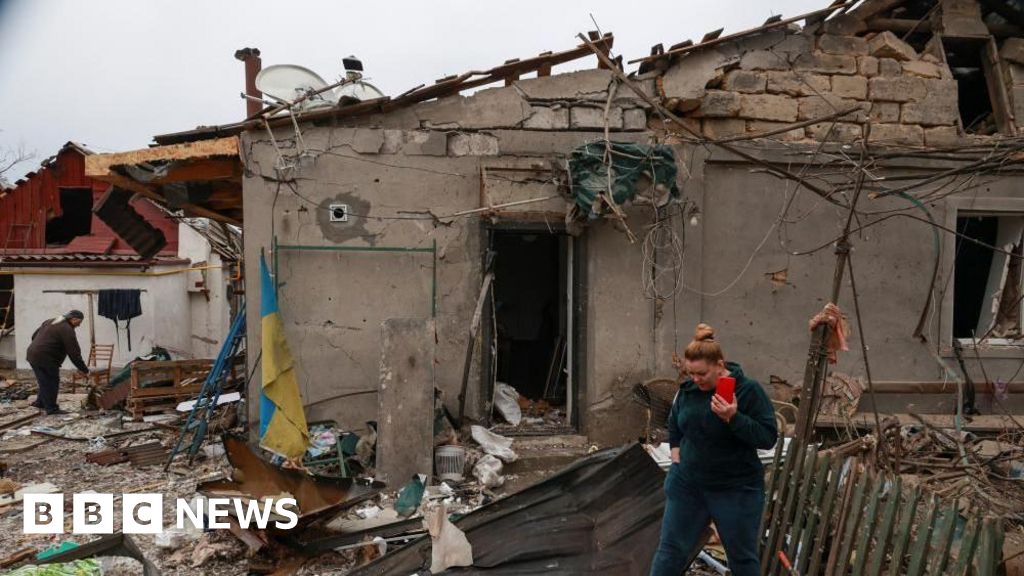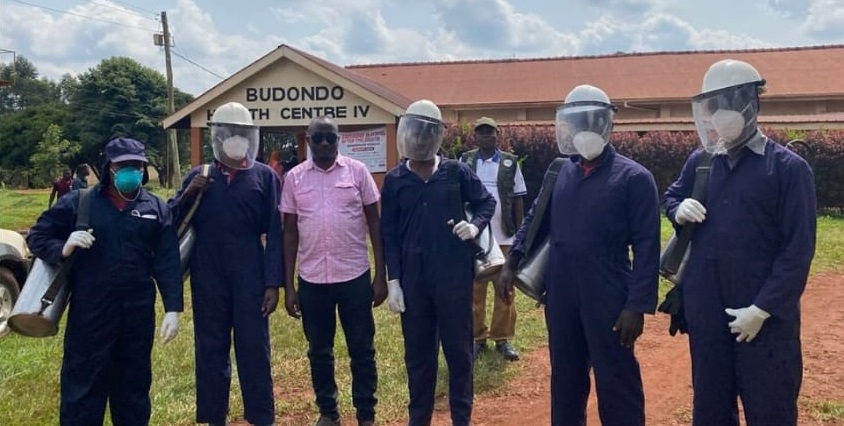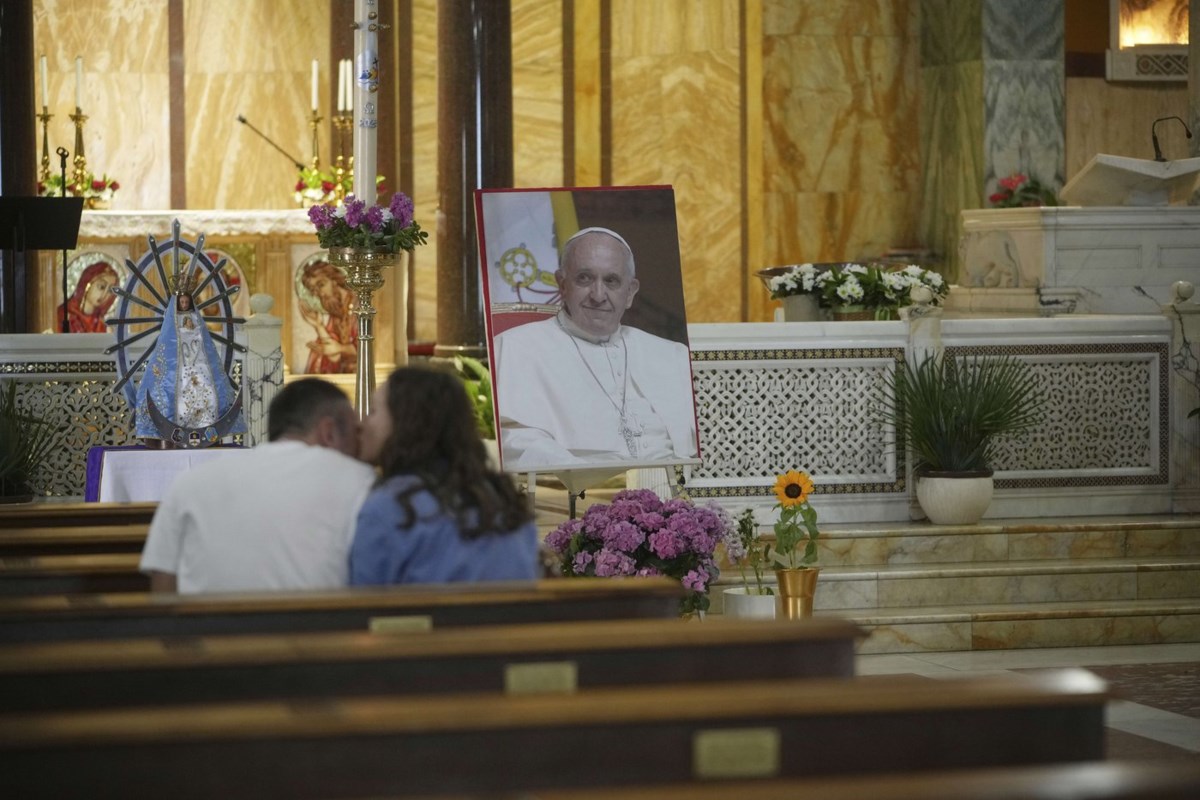Leading doctor reveals the five key signs of colon cancer amid 'alarming rise' in Gen Z and Millennials being diagnosed

Leading doctor reveals the five key signs of colon cancer amid 'alarming rise' in Gen Z and Millennials being diagnosed READ MORE: I'm a colon cancer surgeon - I banned these to protect my family By MEIKE LEONARD Published: 12:00 BST, 21 April 2025 | Updated: 12:05 BST, 21 April 2025 A leading doctor has warned of the five key signs of colon cancer, amid the 'alarming rise' of cases among Gen Z and Millennials. Internal medicine specialist Dr Zion Ko Lamm urged young people to look out for the hidden symptoms of the deadly disease and told them not be complacent. 'Colon cancer doesn't just happen to "old people"—rates are rising in young adults,' she warned. Over the last 30 years, young diagnoses of the disease have shot up by 80 per cent across the globe, research suggests. In contrast, rates of the disease in older groups, who are statistically more likely to get the disease overall, have either declined or remained stable to the same period. Now, young people need to keep an eye out for five key warning signs of the disease, said Dr Lamm. The fifth symptom, she told her nearly 900,000 Instagram followers, is any change in bowel habits. 'This looks like persistent change over a few weeks where the stool is looser or harder than normal, thinner or narrower,' she explained. View this post on Instagram Suddenly needing to go to the loo with more urgency and feeling more pressure when defecating can also be a concerning sign. And stools changing caliber—going from normal to pencil thin—can indicate a blockage in the colon. The fourth symptom to watch out for is an unexplained iron deficiency. Anemia, or iron deficiency, can be an early warning sign of colon cancer. It's caused when a cancerous tumour in the colon starts to bleed. This in turn reduces the levels of red blood cells in the body, and lowers its hemoglobin levels, which is needed to deliver oxygen and nutrients to tissues. Symptoms can include fatigue, weakness, dizziness and a rapid heartbeat. Studies suggest that more than a third of people with cancer will develop anemia at some point. The third sign of colon cancer highlighted by Dr Lamm is blood in the stool. Bowel cancer can cause you to have blood in your poo, a change in bowel habit, a lump inside your bowel which can cause an obstructions. Some people also suffer with weight loss a s a result of these symptoms 'Blood in stool is never normal. You need to get it checked out,' she urged. Colon cancer can cause blood in the stool when cancerous tumours bleed into the digestive tract. Blood can sometimes be seen in the stool as a bright red, dark red or black colour, and can make the stool itself a darker, tarry shade. In early stages, it can also be present in such small amounts as to be naked to the human eye and only detectable through stool tests. Blood in stool does not always indicate colon cancer, however. Other conditions like haemorrhoids, irritable bowel syndrome and anal fissures can also cause the symptom. Prime cause of colon cancer in under 50s is 'an often overlooked food', warn top medics The second symptom of colon cancer in young people is unintentional weight loss, Dr Lamm added. Losing weight without trying is not normal, and could be a sign of the disease, she explained. Unintentional weight loss can indicate a range of different cancers. It can be caused when cancer cells and the body's reaction to them alters the metabolism, creating a loss of both fat and muscle. Cancerous growths release what's known as cytokines - chemicals that increase inflammation, leading to a faster metabolism and calorie burn. Cancer cells also consume a significant amount of energy, causing the body to burn more calories at rest to support this increased demand. Finally, the number one sign of colon cancer is persistent abdominal pain, says Dr Lamm. 'Whether it's bloating, getting full fast, or crampy abdominal pain, if it's a new symptom that persists more than four weeks, you want to get it checked out,' she said. Pain or cramping in the same place of the abdomen is particularly concerning. The pain can be constant, or become more pronounced after eating. 'The advice I have for everyone listening is don't be afraid to talk about your poop, or look at your poop. We all should,' added Dr Lamm. MailOnline has repeatedly documented the global rise of colon cancer among young people. Perhaps the most recognisable victim of the trend is Deborah James — known as 'bowel babe' — who was diagnosed at just 35 and raised millions for charity in her final days in 2022. James spoke of her rigorous exercise routine, and being in the best shape of her life when she developed the illness. Zu Rafalat, 38, of Finsbury Park, whose bloating left her looking 'six months pregnant', was horrified to be diagnosed with stage four bowel cancer. She is pictured on holiday Ms Rafalat, pictured riding a horse before her diagnosis, said: 'I've been fit and healthy for my entire life. I never dreamed I could get bowel cancer at my age' Another example of seemingly fit and health women being hit by the disease was Zu Rafalat, of Finsbury Park, London, who died in 2020 aged 39. The super-fit globetrotter initially thought she had caught a stomach bug in Central America where she went on holiday in December 2018. But two weeks later, her stomach had become so swollen she was wearing maternity jeans, and even her GP asked if she was pregnant before prescribing IBS pills. After getting the opinion of a second, private doctor, Ms Rafalat was given CT scans which spotted a mass on her right ovary. It later turned out to be stage four bowel cancer which had spread to other organs. Ms Rafalat, who was managing director of a consultancy agency, said at the time: 'I've been fit and healthy for my entire life. I never dreamed I could get bowel cancer at my age.' Share or comment on this article: Leading doctor reveals the five key signs of colon cancer amid 'alarming rise' in Gen Z and Millennials being diagnosed Add comment



















